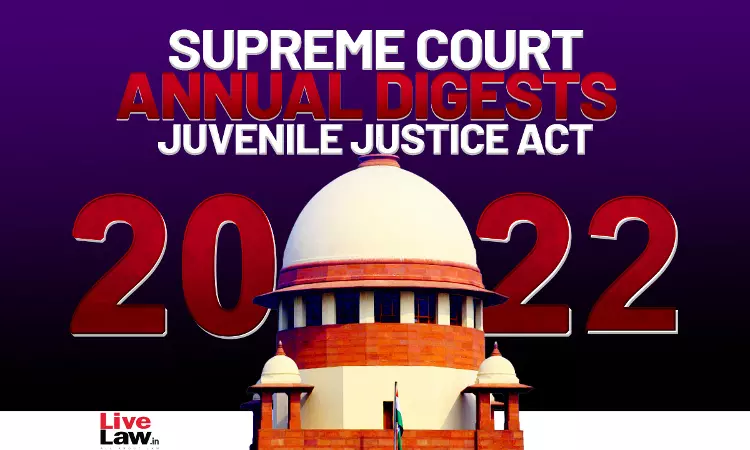Next Story
12 Jan 2023 10:53 AM IST
Juvenile Justice Juvenile Justice - Plea of juvenility could be raised in any court, at any stage even after the final disposal of the Special Leave Petition- Where the plea of juvenility is raised at a belated stage, often certain medical tests are resorted to forage determination in absence of the documents - While appreciating the evidence adduced on behalf of the accused in support...

